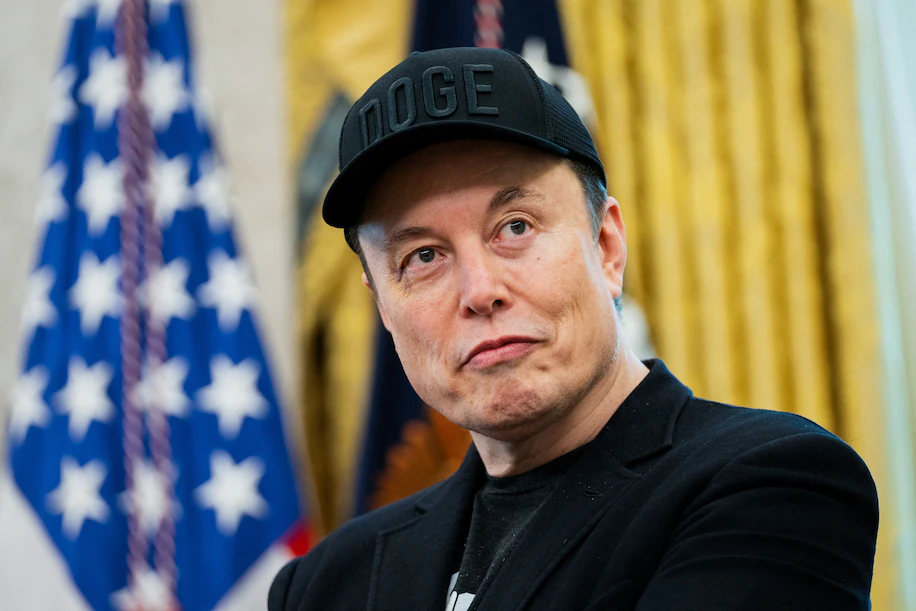Elon Musk, Chief Executive Officer of Tesla, has acquired nearly $1 billion worth of shares in the electric vehicle manufacturer, according to a regulatory filing released on Monday. The purchase, which took place via open-market transactions on Friday, saw Musk buy approximately 2.57 million shares at prices ranging from $372.37 to $396.54 per share.
The move has been interpreted as a clear signal of Musk’s intent to consolidate his influence over the company. As of December, Musk held an estimated 13 per cent stake in Tesla, based on data from the London Stock Exchange Group (LSEG). The latest acquisition is expected to increase his ownership and voting power significantly.
Following the announcement, Tesla shares rose more than 8 per cent in premarket trading on Monday, building on a 7 per cent gain recorded on Friday. The stock, which has declined by roughly 2 per cent since the beginning of the year, is now on course for a third consecutive session of gains, provided the upward momentum continues.
Tesla is currently undergoing a strategic transformation, aiming to evolve from a pure-play electric vehicle manufacturer into a broader technology company. The firm has set ambitious targets in areas such as autonomous driving, artificial intelligence, and robotics.
The Tesla boss has previously stated that he requires at least 25 per cent voting power to ensure he can steer the company’s direction effectively. He has also warned that, without such influence, he may pursue AI and robotics ventures outside of Tesla.
Earlier this month, Tesla’s board of directors proposed a compensation package for Musk valued at approximately $1 trillion. The plan, which is contingent on performance milestones, has been viewed as a strong endorsement of Musk’s leadership, despite recent challenges facing the company. Tesla has been grappling with intensifying competition in the electric vehicle market and weakening demand across several regions.
Board chair Robyn Denholm addressed concerns on Friday regarding Musk’s political activity and its potential impact on Tesla’s sales. Denholm dismissed suggestions that Musk’s public engagements had harmed the company’s performance, stating that the CEO was now “front and centre” at Tesla after spending several months at the White House.
His political involvement, including public disagreements with President Donald Trump, has caused unease among some investors. These tensions have contributed to volatility in Tesla’s share price throughout the year, with stakeholders expressing concern over possible distractions and reputational risks.
Despite these issues, his latest share purchase appears to have reassured markets, at least in the short term. Analysts suggest that the acquisition may signal confidence in Tesla’s long-term prospects and reinforce Musk’s commitment to the company’s evolving strategy.
The final impact of his increased stake and the proposed compensation plan remains to be seen, but both developments underscore the central role he continues to play in shaping Tesla’s future.



